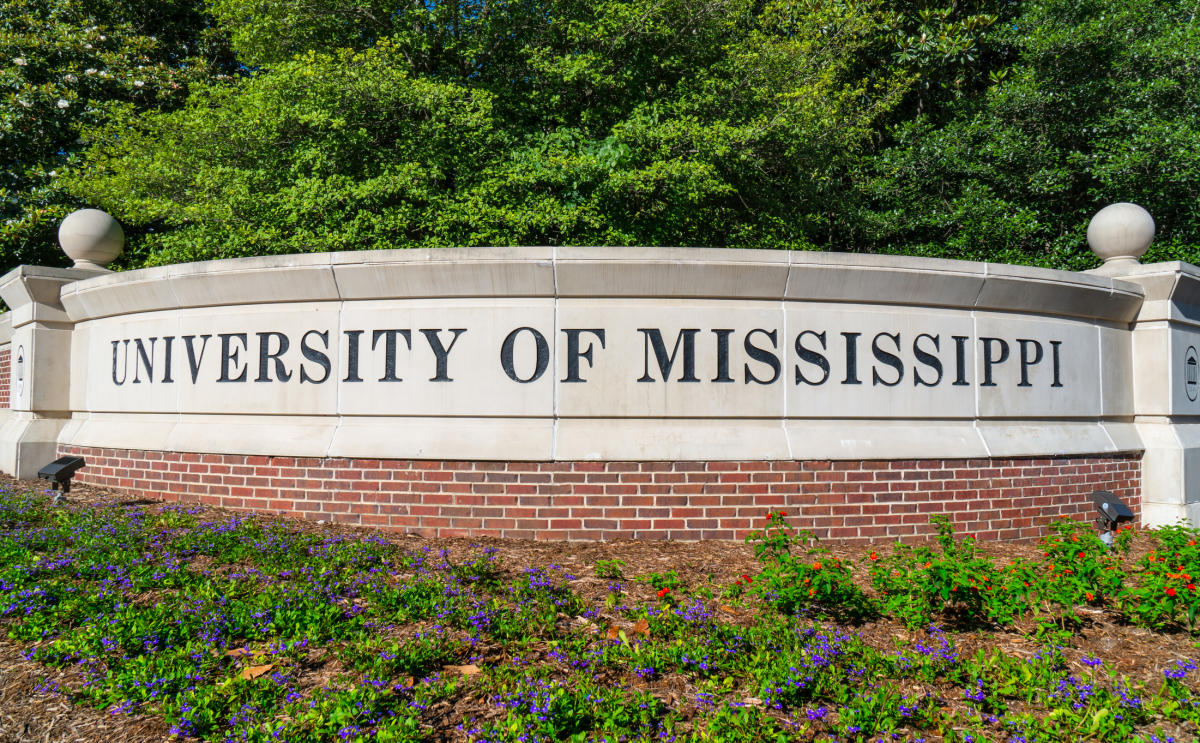Wynton Butler, standing in the shade of a grove of trees Wednesday afternoon, posed a question.
He asked the few dozen people sitting at picnic tables or standing in the grass in front of them to imagine that they were slaves who just learned that slavery had been abolished. But instead of leaving the slave masters who had lorded over them, they had been instructed to stay in their current homes and jobs.
“That no longer exists,” Butler, a historian for the NAACP Reading Branch, said of slavery. ” But I want you to stay here and keep working.”
The idea elicited some groans and knowing chuckles from the crowd. After all, who in their right mind would want to do something like that?
But, Butler said, that’s exactly what was said to the slaves in Galveston, Texas, who were informed of their freedom on June 19, 1865.
Of course, many of those slaves didn’t follow those instructions. Instead, they left their former slave masters behind in search of better lives — many ending up forming communities in what became known as “Black towns” across the South and Midwest.
Butler’s query was meant to spark thought in those he addressed Wednesday, it was meant to bring perspective to what they had gathered to celebrate. He was speaking at Opportunity House’s second annual Juneteenth celebration, and he wanted to make sure those who heard his words got a picture of what the holiday really means.
While many look at Juneteenth as American’s “Black Independence Day,” Butler said that’s not entirely true. Instead, it represents a step in the long, difficult and ongoing journey to freedom and equality.
And learning about it, he said, is important for all Americans.
“This is an American holiday,” he said. “And we need to make sure we talk about it to our kids, and to our adults who don’t know about it.”
Butler gave a brief overview of the event that Juneteenth celebrates.
On June 19, 1865, Army Major General Gordon Granger and his troops arrived in Galveston with a message. It was two-and-a-half years after President Abraham Lincoln had issued the Emancipation Proclamation to abolish slavery, but word of the proclamation hadn’t yet reached that corner of the country.
Granger announced that slaves in Texas, the last enslaved people in the country, were now free.
Wynton Butler, a historian for the NAACP Reading Branch, was the speaker at Juneteenth celebration events hosted by Opportunity House on Wednesday. (DAVID MEKEEL – READING EAGLE)
Butler said the message was carried by African American slaves who worked at Galveston’s port — the nation’s largest cotton exporting port — who immediately left their jobs to share the news throughout town.
Exactly what that news meant, however, was not clear for many slaves. Granger had his announcement posted at five spots around Galveston, but most slaves weren’t able to read it.
That led many slaves to be taken advantage of, with some staying in servitude for years and others never enjoying complete freedom. Part of the declaration told the former slaves that they couldn’t be idle.
“You’re free, but you need to have a job,” Butler said. “You’re free, but you need to have a place to live.”
Butler said some in the South used the former slaves’ lack of understanding of their new rights and responsibilities to take advantage of them. And that, he said, is a critical lesson about the importance of education.
“In 2024, if you can’t read right now, how do you know what rights do you have?” he said.
Butler said overcoming the educational deficit was a key in helping former slaves to build new lives. He credited Oliver Otis Howard — the first director of the federal Freedmen’s Bureau — for making education a priority for the agency created to help former slaves transition into free lives.
“Education was the first thing the bureau did,” he said.
Frank Grill, shelter director at Opportunity House, said carrying on the legacy is exactly why the organization hosted the Juneteenth celebration.
“People need to know about Juneteenth,” he said. “I think that’s important, to educate people, becasue a lot of people don’t know.”
Grill said the population of the shelter, much like the rest of society, is a diverse melting pot of races. And, he explained, it’s important for people to learn and understand each other’s background, histories, cultures and experiences.
“That’s the key to being able to get along,” he said.
The Juneteenth celebration coincided with the anniversary of Opportunity House’s newest educational effort, the S.M.I.L.E. program. It offers life skills and other essential tools to help clients succeed and maintain stable housing after they leave Opportunity House.
The anniversary coupled with Juneteenth made for a pretty special day, Grill said.
“We’re here to celebrate,” he said with a smile.
Signup bonus from





